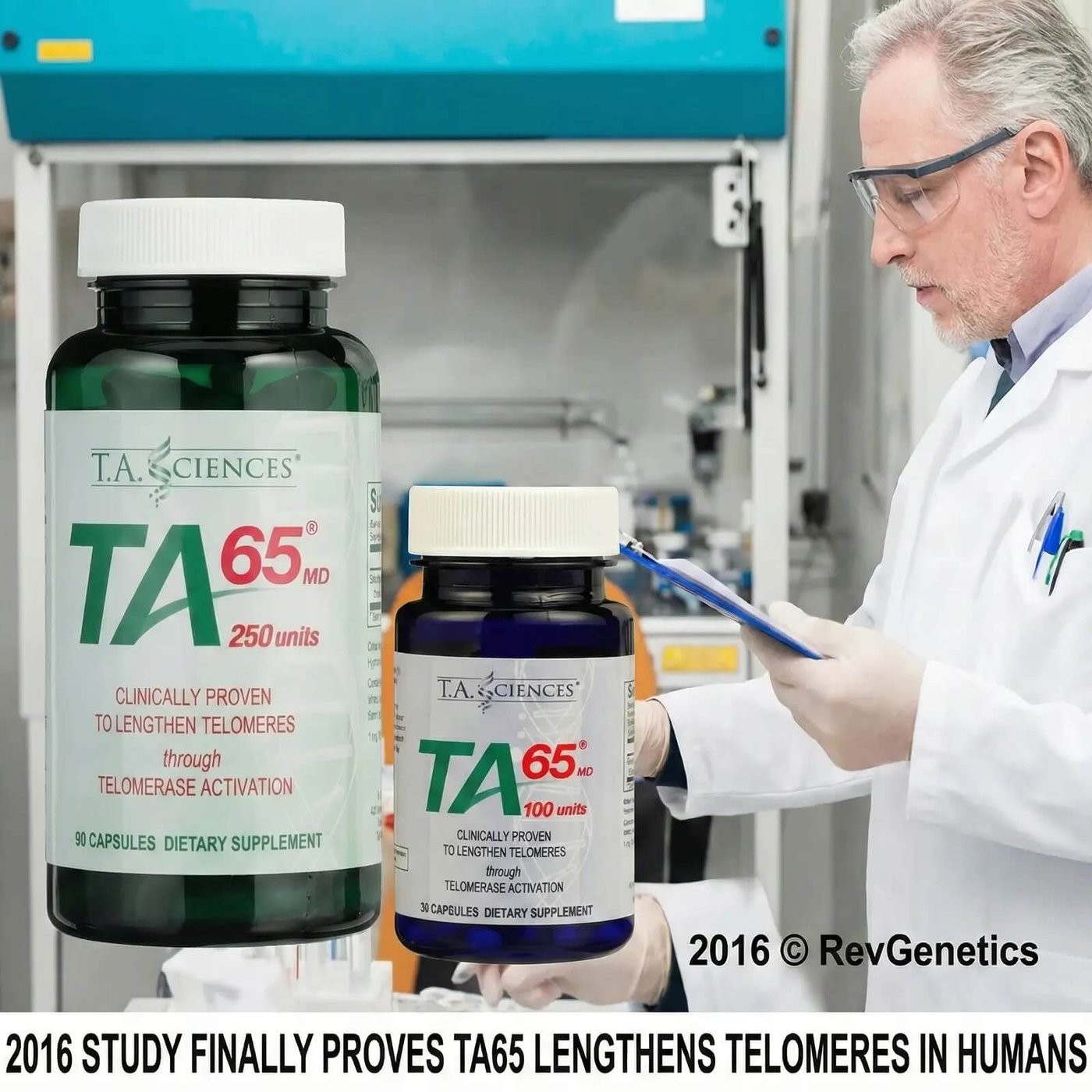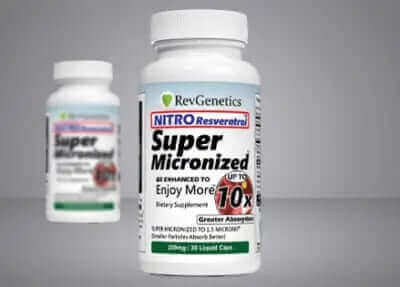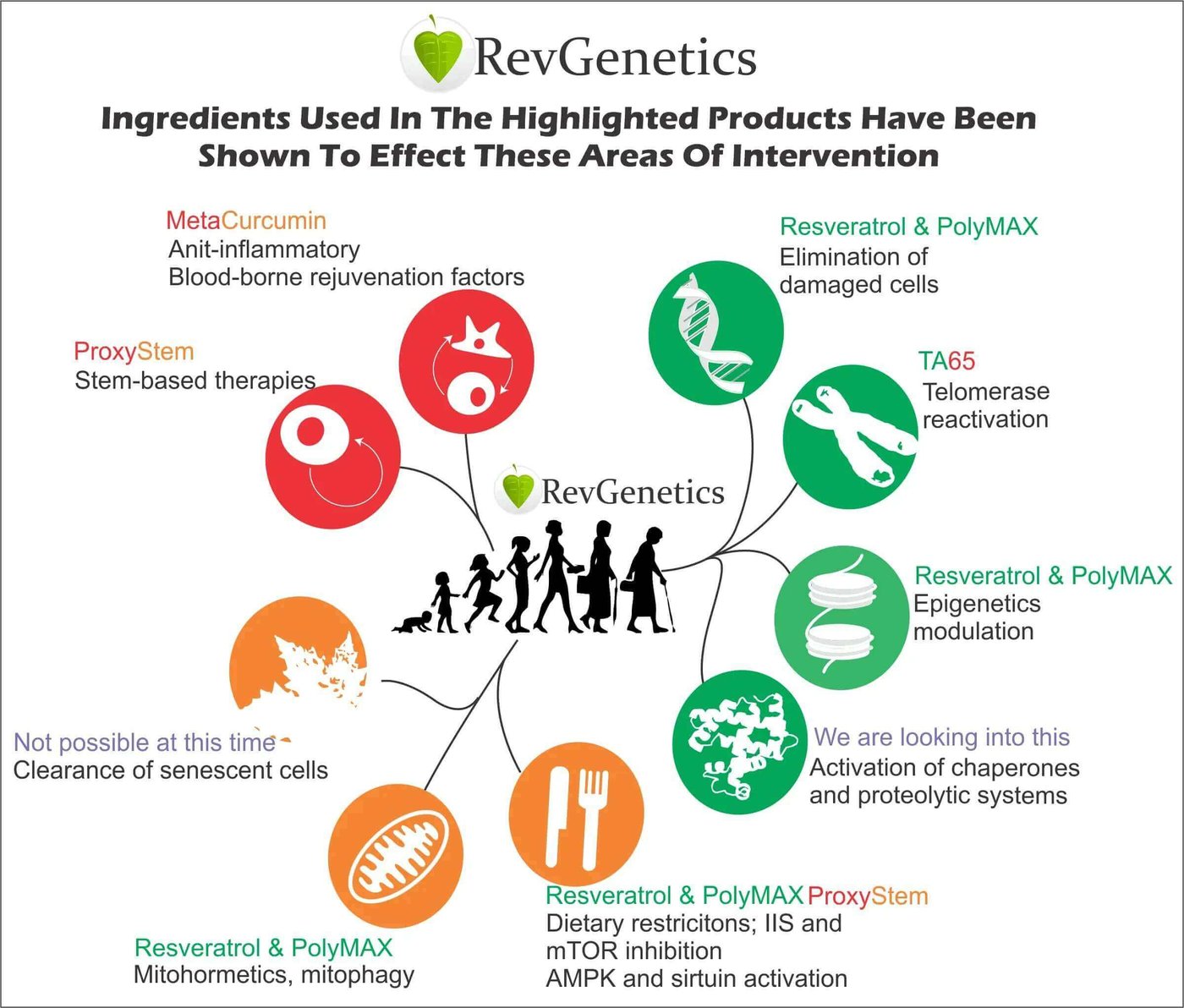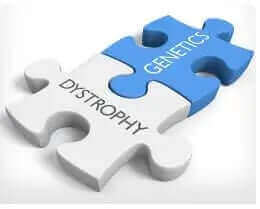Human Telomere Length: The Ultimate Guide to Understanding Your Cellular Age and Longevity
Human telomere length serves as a powerful predictor of longevity and overall health, according to groundbreaking research from Nobel laureate Elizabeth Blackburn. This comprehensive guide explores how these protective DNA caps influence aging, disease prevention, and the exciting possibilities for extending healthspan through telomere maintenance.
What Are Human Telomeres and Why They Matter for Your Future
Imagine having a biological clock that not only measures time but actually influences how well you age. That's exactly what human telomeres do. These protective structures cap the ends of your chromosomes like plastic tips on shoelaces, safeguarding your genetic material from damage and deterioration. Every time your cells divide, these telomeres shorten slightly, creating a fascinating link between cellular aging and overall health.
The revolutionary research summarized by Dr. Hector Valenzuela, an expert on human telomere biology, brings clarity to complex scientific findings published in Science magazine's special aging edition. This breakthrough knowledge opens doors to understanding how we can potentially influence our own aging process through lifestyle choices and emerging therapies.
The Science Behind Human Telomere Biology: 2015's Game-Changing Discoveries
Elizabeth Blackburn, along with colleagues Elissa Epel and Jue Lin, revealed fascinating insights about how human telomere length contributes to aging and disease. Their comprehensive review illuminates several crucial aspects:
- Telomerase enzyme: This remarkable protein complex can actually elongate telomeres, essentially turning back the cellular clock
- Shelterin proteins: These guardian molecules attach to telomeres, maintaining cellular youthfulness and protecting DNA integrity
- Cellular senescence: The process by which cells reach their replicative limit, directly influenced by telomere length
Why Human Telomeres Are Your DNA's Early Warning System
Think of human telomeres as the canary in your genetic coal mine. When DNA damage occurs or abnormalities develop, telomeres are the first to respond. This sensitivity makes them invaluable biomarkers for health assessment and disease prediction. The length of your telomeres reflects accumulated cellular stress and provides insights into your biological age versus chronological age.
Breaking the Myth: Human Telomeres Aren't Just Cellular Clocks
One transformative insight from recent research challenges the oversimplified view of telomeres as mere countdown timers. Some cells possess the remarkable ability to activate telomerase and elongate their human telomeres, effectively resetting their biological clocks. This discovery opens exciting possibilities for interventions that could maintain or even restore telomere length.
This dynamic nature of telomere biology means that your cellular age isn't necessarily fixed. Through various mechanisms, including lifestyle modifications and potentially therapeutic interventions, the trajectory of telomere shortening can be influenced, offering hope for healthier aging.
The Critical Role of Shelterin Proteins in Human Telomere Function
Shelterin proteins emerge as unsung heroes in the human telomere story. These specialized proteins bind to telomeres, creating a protective complex that maintains genomic stability. When mutations occur in shelterin proteins, even individuals with long telomeres can experience accelerated aging. This discovery highlights that telomere health involves more than just length—it's about the entire protective system working in harmony.
Understanding Inherited Telomere Syndromes
Mutations in telomerase enzyme proteins or shelterin proteins can lead to Inherited Telomere Syndromes, manifesting in various ways:
- Pulmonary fibrosis: Scarring of lung tissue affecting breathing
- Immune dysfunction: Reduced ability to fight infections
- Gastrointestinal disorders: Various digestive system complications
- Neuropsychiatric conditions: Mental health and cognitive challenges
How Human Telomere Length Predicts Age-Related Diseases
The predictive power of human telomere length extends across multiple health domains. Research consistently shows that shorter telomeres in blood cells correlate with increased risk for:
| Disease Category | Associated Conditions | Telomere Impact |
|---|---|---|
| Cardiovascular | Heart disease, stroke, hypertension | Shorter telomeres increase risk by 40-60% |
| Metabolic | Type 2 diabetes, metabolic syndrome | Telomere shortening accelerates disease progression |
| Neurological | Dementia, Alzheimer's disease | Cognitive decline correlates with telomere length |
Genetic Diseases and Human Telomere Connection
Fascinating research reveals that genetic conditions like Duchenne muscular dystrophy, Werner syndrome, and Bloom syndrome can be significantly influenced by human telomere length. Short telomeres exacerbate these conditions, while telomere elongation shows promise for symptom alleviation. This connection offers new therapeutic avenues for managing genetic diseases through telomere-targeted interventions.
The Magic Number: 3.81 kb - Your Human Telomere Health Threshold
Scientists have identified a critical threshold for human telomere health: 3.81 kilobases (kb). Below this length, DNA stability becomes compromised, and age-related diseases become more likely. To put this in perspective:
- Newborns: Start life with telomeres averaging ~15 kb
- Healthy middle-aged adults: Maintain telomeres around ~5 kb
- Critical threshold: 3.81 kb marks the danger zone
This knowledge empowers individuals to understand their cellular health status and take proactive measures to maintain telomere length above this crucial threshold.
Nature vs. Nurture: What Shapes Your Human Telomere Length
While we inherit our initial human telomere length from our parents, our life journey profoundly influences how these protective caps change over time. This dual influence of genetics and environment creates opportunities for positive intervention.
Factors That Influence Human Telomere Length
Positive influences that protect and potentially lengthen telomeres:
- Regular physical exercise, especially endurance activities
- Mediterranean-style diet rich in antioxidants
- Stress reduction through meditation or mindfulness
- Quality sleep of 7-9 hours nightly
- Strong social connections and community support
Negative factors that accelerate telomere shortening:
- Chronic psychological stress
- Smoking and excessive alcohol consumption
- Sedentary lifestyle
- Poor diet high in processed foods
- Social isolation and depression
Practical Strategies for Maintaining Healthy Human Telomeres
Understanding human telomere biology translates into actionable strategies for healthier aging. Research suggests several evidence-based approaches:
- Exercise regularly: Studies show that individuals who exercise moderately 5 times per week have telomeres equivalent to those 9 years younger
- Manage stress effectively: Chronic stress accelerates telomere shortening by increasing oxidative damage
- Optimize nutrition: Foods rich in omega-3 fatty acids, vitamin D, and antioxidants support telomere health
- Prioritize sleep: Poor sleep quality correlates with shorter telomeres and accelerated aging
- Build social connections: Strong relationships and community involvement positively influence telomere length
The Future of Human Telomere Research and Therapy
The field of human telomere biology stands at an exciting crossroads. Emerging therapies targeting telomerase activation, gene therapy approaches, and lifestyle interventions show promise for maintaining or restoring telomere length. Clinical trials exploring telomerase activators and other interventions offer hope for translating laboratory discoveries into practical health solutions.
Research continues to unveil the complex relationships between telomeres, aging, and disease. Each discovery brings us closer to understanding how to harness this knowledge for improved healthspan and quality of life. The possibility of influencing our cellular aging through targeted interventions transforms aging from an inevitable decline into a modifiable process.
Taking Action: Your Human Telomere Health Journey
Knowledge about human telomeres empowers you to make informed decisions about your health and longevity. Consider these action steps:
- Discuss telomere testing with your healthcare provider to establish a baseline
- Implement lifestyle changes that support telomere health
- Monitor emerging research and therapies in telomere biology
- Join communities focused on healthy aging and longevity
- Track your progress through regular health assessments
The journey to optimal telomere health begins with understanding and continues with consistent, positive actions. Every healthy choice you make contributes to maintaining these vital cellular protectors.
Conclusion: Embracing the Promise of Human Telomere Science
The groundbreaking research on human telomere biology offers unprecedented insights into aging and disease prevention. From understanding the critical 3.81 kb threshold to recognizing the dynamic nature of telomere length, this knowledge transforms how we approach healthy aging. The convergence of genetic inheritance and lifestyle factors creates opportunities for each individual to influence their cellular health positively.
As we continue to unlock the secrets of human telomeres, the future holds tremendous promise for extending not just lifespan but healthspan. The science confirms what many have hoped: aging well isn't just about luck or genetics—it's about understanding and nurturing our cellular health through informed choices and emerging therapies. Your telomeres tell a story of your past, present, and potential future. By taking action today, you can help write a healthier, more vibrant chapter in your life's journey.







